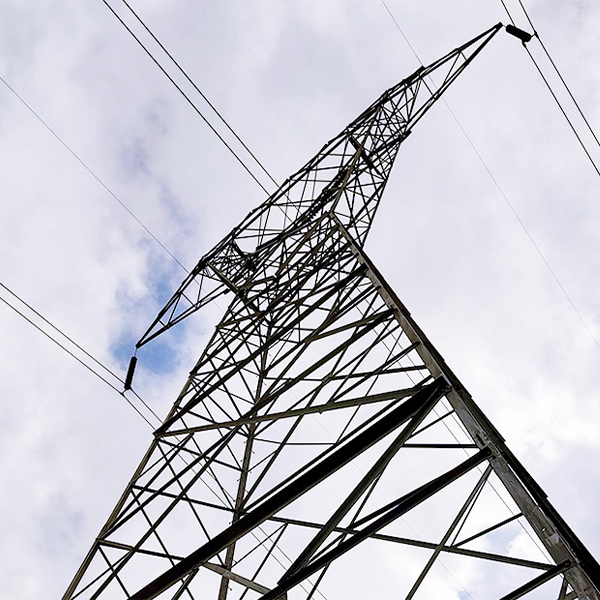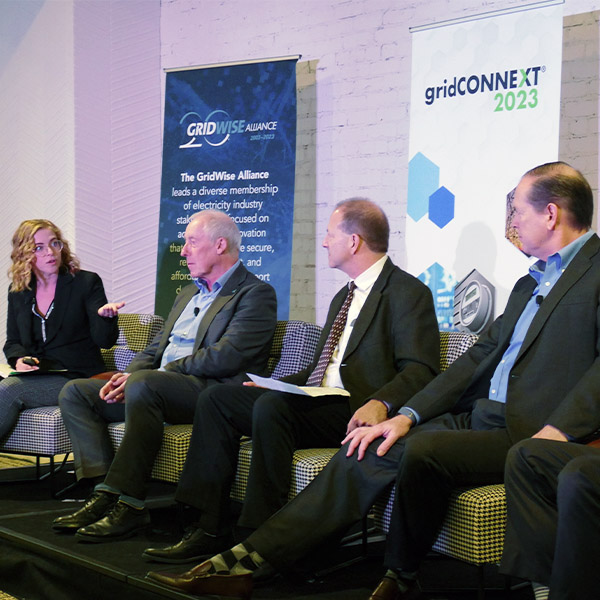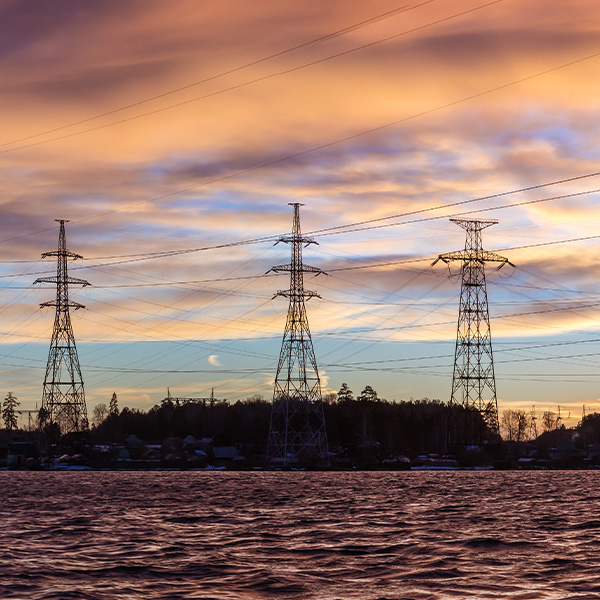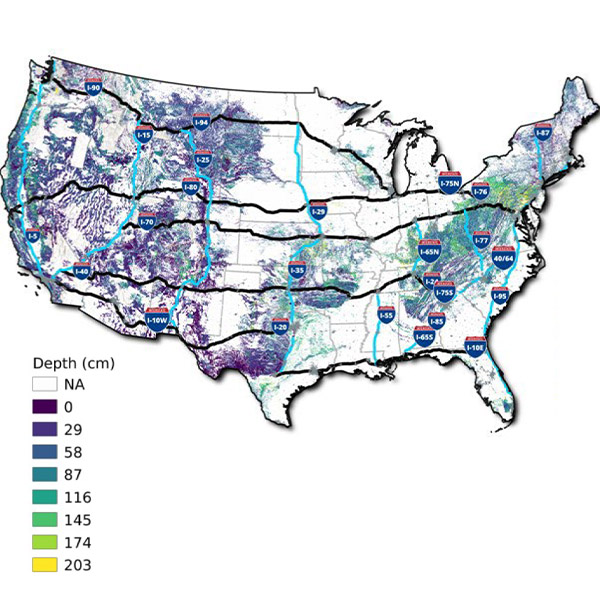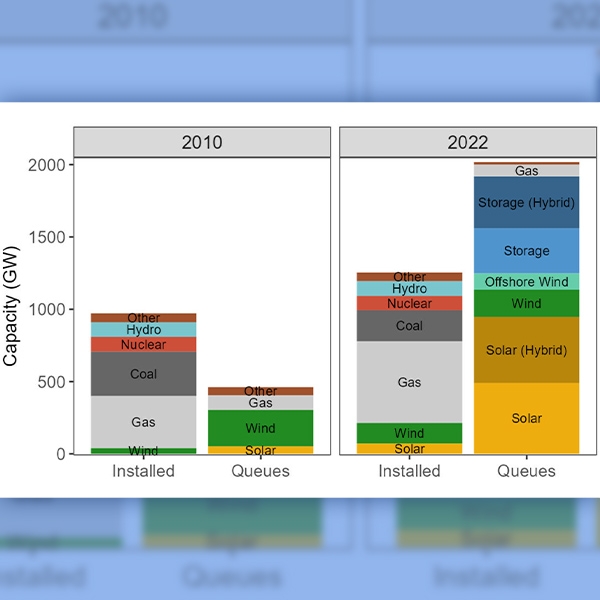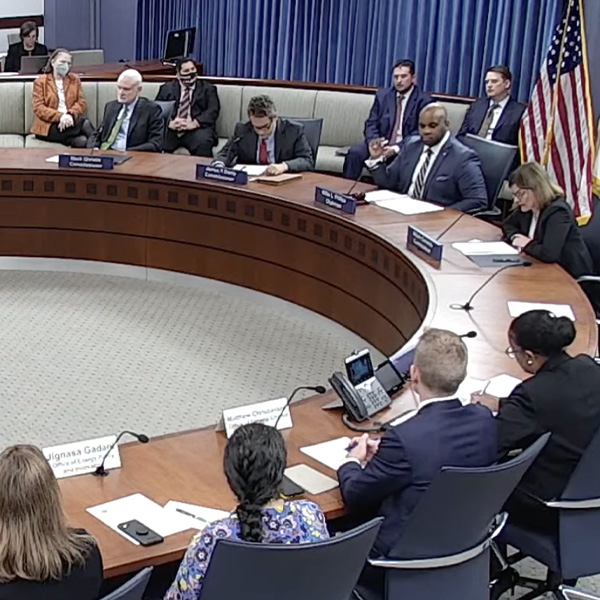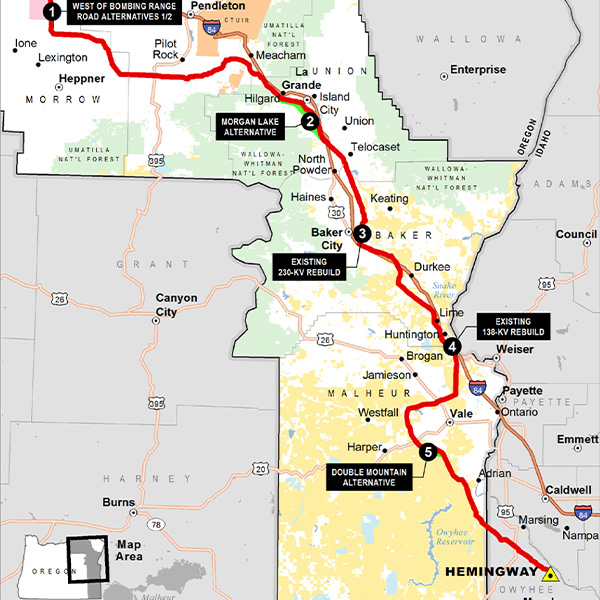Federal Energy Regulatory Commission
The Federal Energy Regulatory Commission is an independent regulatory agency that oversees the transmission of electricity, natural gas and oil in interstate commerce, as well as regulating hydroelectric dams and natural gas facilities.
A growing chorus of stakeholders is hoping to see a final transmission planning rule from FERC sometime in the New Year, with a set of letters sent to the commission.
Panelists at the GridWise Alliance's gridCONNEXT conference discussed how to reliably and affordably enable the energy transition with smart meters, distributed energy resources and other investments at the grid's edge.
Representatives from states working on the Northeast States Collaborative on Interregional Transmission spoke about the young effort, particularly about offshore wind connections.
The study is intended to identify pressing transmission needs without offering specific solutions or taking into account federal and some state regulations.
FERC hosted a senior EPA staffer and heard from the industry and states on how the environmental regulator's latest proposal to cut carbon emissions from power plants will impact grid reliability as it is implemented.
FERC is hosting a review of EPA's proposed power plant rule, and the different sides of the debate got their views in early.
FERC Senior Counsel on Environmental Justice and Equity Conrad Bolston explained how the commission has been working to improve its environmental justice efforts in recent years.
A Department of Energy draft report focuses on limiting speculative projects to increase system reliability and reduce cost uncertainty.
FERC issued a final rule Thursday directing NERC to develop standards to improve the reliability of inverter-based resources.
FERC approved a transmission asset swap between Idaho Power and PacificCorp as part of the companies’ plans to develop a 300-mile-long, 500-kV line.
Want more? Advanced Search
